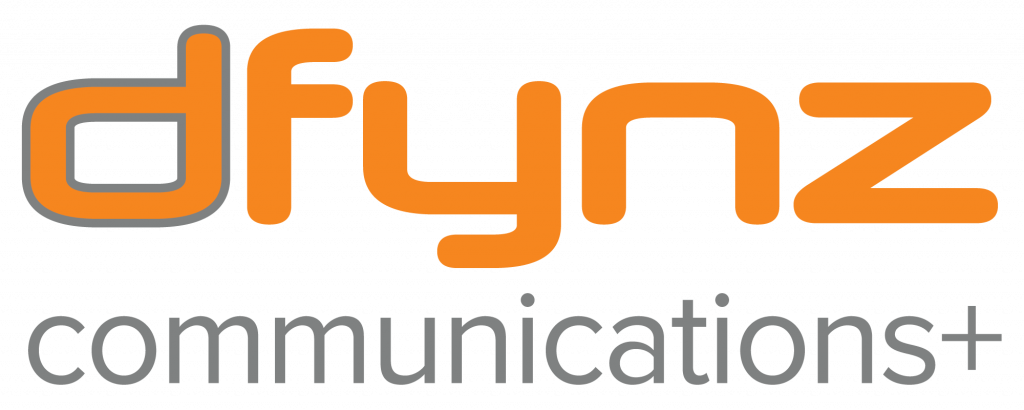Last week I heard a familiar statement: “Our message is so simple, I don’t know why people can’t understand it.” But I could see why. I listened to their message and was left with little-to-no idea about the value of their product. I simply didn’t get it, and I don’t believe that this firm’s potential clients get it either. As we become more entrenched in our own industry, business, or area of expertise, we are increasingly comfortable—too comfortable—with how we talk about it. Because we understand our topics deeply, we often forget that the people we are trying to reach, whether through a press interview, marketing materials or a presentation, may not fully comprehend the subject. The result is a disinterested or bored audience. What is the cause?
1. The Curse of Knowledge. Sometimes you can know so much, you lose perspective and forget that a lesser-informed person doesn’t understand what you are talking about. As a result, you tell your story in an overly complicated way as you present an idea.
Look for ways to streamline talking points and eliminate onerous phrasing. Choose words, examples and analogies that others can easily relate to or understand. When you take your shirt to the drycleaners, do you want to hear about the machinery and solvents used to make your clothing crisp? Or would you prefer the simplified version of that process, that your shirts come back clean and the environment stays green?
2. Jargon. Would you prefer that your doctor told you that you had tinea pedis, or simply that you have athlete’s foot? Pharyngitis, or a sore throat? Specific to every industry, there are words and phrases that are overly complicated to others. And not everyone in your industry may know all of the vernacular you are using.
As you think about your target audience, put yourself in their place and consider exactly how deep their individual knowledge of your firm or industry may be. Now assume that it is far less. Go through your talking points and pull out words that a novice would not necessarily understand.
3. Acronyms. My use for an acronym may be different than yours. Don’t believe me? There are 362 uses for “ACE” alone. Every industry and every business has a unique set of acronyms. Many firms even produce their own internal acronym lists for their employees.
Don’t make the assumption that someone outside of your four walls completely understands the meaning of acronyms that you may easily toss into a sentence. You can’t always eliminate them, but when speaking with an outsider, spell out the meaning of the acronym on the first reference.
The presumption that your audience knows exactly what your company does and the meaning behind your internal or industry phrasing will result in a lost opportunity to deliver a clear message. That may ultimately hurt your bottom line through wasted time in sales meetings, potential lost sales and missed opportunities with presentations and press interviews.
Melissa F Daly has 20 years of financial communications experience, with a special focus on key message development and media relations around critical issues. Melissa formed MFD Communications after spending three years at Goldman Sachs as Vice President, Corporate Communications. At Goldman, Melissa focused on raising the profile of the its Asset Management and Private Wealth divisions, as well as the firm’s political activities. Prior to that, she was a Director at Brunswick Group, a London-based financial and strategic communications firm. There, she spearheaded its financial services business in the US, managing communications for hedge fund, private equity, insurance and traditional asset management firms. Melissa also worked at Fred Alger Management, The Hartford and Lipper in senior communications and media relations roles and has frequently appeared on CNBC and CNN as an industry commentator. Her experience spans across business sectors and continents.
